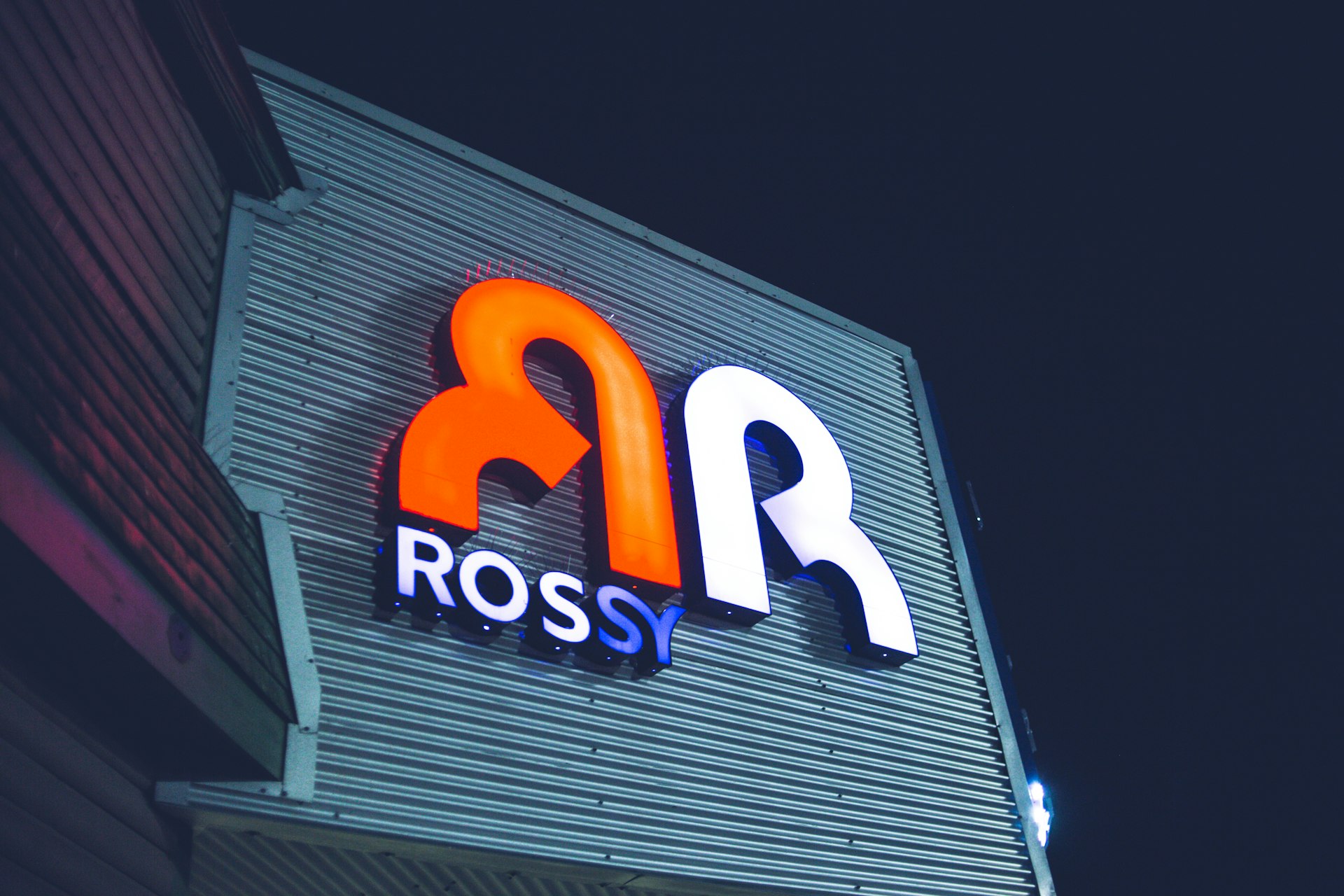Solving Content Moderation Challenges in the Entertainment Industry: Strategies, Tools, and Real-World Solutions

Photo by 6 9 on Unsplash
Introduction
The entertainment industry thrives on creativity, user engagement, and the rapid exchange of ideas. However, with the explosion of user-generated content (UGC) across streaming platforms, social media, and gaming communities, the challenge of effective content moderation has never been greater. This article explores the core obstacles faced by entertainment brands in moderating content, analyzes the latest solutions, and provides actionable steps for building safe, inclusive, and engaging online communities.
The Scale of the Challenge: Volume, Diversity, and Real-Time Demands
Entertainment platforms today manage millions-sometimes billions-of user posts, videos, comments, and interactions every day. The sheer scale of data poses a formidable challenge. Automated tools process enormous quantities of content quickly, but human moderators remain essential for nuanced decisions [1] . Several factors intensify the challenge:
- Volume and Scale: Large entertainment platforms must moderate vast content volumes in real time, making manual review alone impractical [1] .
- Content Diversity: Entertainment communities are global, encompassing a broad spectrum of languages, cultures, and media types. Moderators must understand and interpret diverse slang, memes, humor, and references [1] .
- Speed and Virality: Harmful or inappropriate content can go viral in minutes. Rapid response is critical to prevent reputational damage [3] .
Context and Nuance: Why Automation Alone Falls Short
Automated content moderation, powered by artificial intelligence (AI) and machine learning, offers impressive speed and scalability. But even the most advanced AI systems struggle to interpret context, sarcasm, cultural nuances, and evolving language [3] . For example, a joke or parody may be flagged as offensive, while subtle hate speech or coded language slips through undetected. False positives (removing innocent content) and false negatives (missing harmful material) are persistent risks [5] . To address this:
- Combine automated tools with skilled human moderators for ambiguous or high-impact cases.
- Continuously update AI models using insights from human reviewers to reduce error rates.
- Train algorithms on diverse datasets to minimize cultural or linguistic bias [2] .
Balancing Free Speech and Community Safety
Entertainment platforms must create environments that are both open to creative expression and safe from abuse, hate speech, and illegal content. Over-moderation risks accusations of censorship and alienating users, while under-moderation allows toxic content to flourish [2] . Achieving this balance requires:
- Clear, transparent community guidelines that are easy for users to understand.
- Robust appeals processes so users can challenge moderation decisions.
- Regular publication of moderation reports to build user trust and demonstrate accountability.
Leading platforms often publish transparency reports and offer community input channels to keep moderation policies responsive to user needs. To find the latest moderation policies or transparency reports for your favorite entertainment platform, visit its official website and search for “content moderation policy” or “transparency report.” Major entertainment brands like YouTube and Twitch maintain such resources on their official help pages.
Moderator Well-being: Addressing the Human Cost
Human moderators, especially in entertainment sectors dealing with graphic or abusive content, face significant psychological risks. Studies indicate that over 50% of moderators experience stress-related symptoms after exposure to disturbing material [2] . To mitigate this:
- Implement rotational shifts and task variation to reduce prolonged exposure to graphic content.
- Offer counseling, mental health support, and wellness initiatives for moderation teams.
- Leverage AI pre-screening to filter the most harmful content before it reaches human reviewers [2] .
If you are a moderator or manage a moderation team, consider accessing mental health resources through your employer or industry organizations. For additional support, search for “mental health support for content moderators” or contact recognized mental health providers specializing in occupational well-being.
Addressing Bias and Ensuring Fairness
Bias in content moderation-whether human or algorithmic-can result in unfair decisions and erode community trust. Research has shown that AI models are more likely to misinterpret or over-flag content from minority groups [2] . To combat this:

Photo by CRYSTALWEED cannabis on Unsplash
- Train AI models using inclusive, diverse data that reflects all user groups.
- Conduct regular audits of moderation outcomes to detect and address bias.
- Empower users to appeal moderation decisions and provide feedback.
Entertainment companies are increasingly collaborating with external experts and advocacy groups to strengthen anti-bias training and review processes. For guidance on developing bias-aware moderation protocols, consult published research from trusted organizations or search for “fairness in AI moderation” from academic and industry sources.
Emerging Technologies and Content Formats
As entertainment platforms expand into live streaming, virtual reality, and augmented reality, content moderation must evolve to address new formats. Live content, in particular, presents unique challenges because harmful material can be broadcast instantly to large audiences before it is detected [4] . Recommended strategies include:
- Deploying AI-driven real-time analysis tools to monitor live interactions.
- Enabling user reporting features for rapid escalation of problematic content.
- Implementing short broadcast delays to allow for intervention before content goes public.
For businesses looking to adopt advanced moderation tools, review technology vendor documentation and consult with established moderation service providers. To compare real-time moderation solutions, search for “live content moderation platforms” from recognized tech review websites.
Best Practices: Building a Resilient Moderation Framework
Effective content moderation in the entertainment industry requires a layered, adaptive approach:
- Hybrid Moderation Models: Combine AI for initial filtering with human oversight to improve accuracy and handle complex cases [5] .
- Continuous Training: Regularly update AI systems with new data and feedback from human moderators to keep pace with evolving language and content trends.
- User Empowerment: Provide users with clear reporting tools and accessible channels for feedback and appeals.
- Transparency: Publicly share moderation numbers, common challenges, and improvements made, reinforcing accountability and trust.
- Mental Health Support: Prioritize the well-being of moderation teams with support services and regular check-ins.
For step-by-step guidance on developing your own moderation framework, begin by mapping out your platform’s unique content risks, then evaluate available tools and best practices. Engage external consultants or established firms for program audits, and regularly benchmark your efforts against industry standards. To learn more, search for “content moderation best practices” from respected digital policy organizations or industry leaders.
Conclusion
Content moderation remains one of the most complex and critical responsibilities for entertainment platforms. By understanding the core challenges-scale, context, bias, technology evolution, and moderator well-being-and implementing layered, transparent, and adaptive strategies, entertainment brands can protect their communities while fostering creativity and dialogue. For ongoing developments, review official platform transparency resources, consult trusted industry reports, and remain engaged with user and expert feedback channels.
References
- [1] Anolytics (2023). Guide to Content Moderation: Benefits, Challenges & Approaches.
- [2] Fusion CX (2023). Content Moderation Challenges: Key Issues and Solutions.
- [3] Imagga (2023). Types of Content Moderation: Benefits, Challenges, and Use Cases.
- [4] Tremau (2023). Content Moderation: Key Practices & Challenges.
- [5] WebPurify (2023). 10 Common Content Moderation Mistakes (And How to Avoid Them).
MORE FROM hotondeals.com













